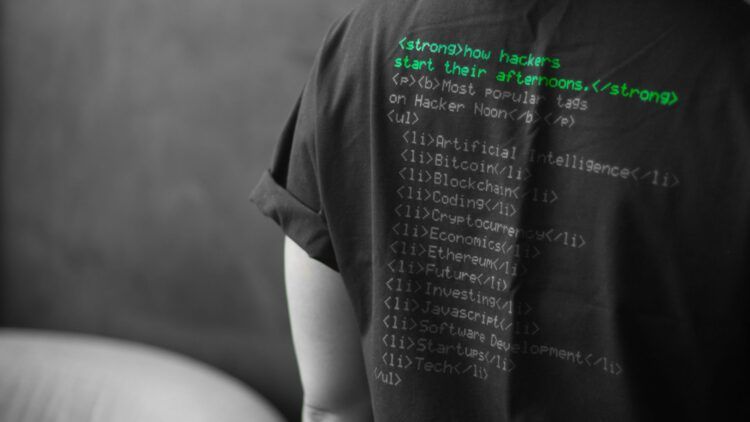In recent news, the 1Password Okta breach has sent shockwaves through the tech community, drawing attention from authorities and cybersecurity experts. This event has sparked a vital conversation about the state of digital security. Let’s break down the incident and understand the implications.
1Password Okta breach alarms users
1Password, a popular password manager used by individuals and businesses, recently became embroiled in a concerning security breach linked to Okta, a significant player in identity and authentication services. This breach raises serious questions about the safety of our online data. Here, we’ll provide a straightforward look at what transpired.

Uncovering the 1Password Okta Breach
On September 29, Pedro Canahuati, the Chief Technology Officer at 1Password, flagged suspicious activity on their Okta account, a pivotal platform for managing applications used by employees. Quick action was taken to stop this suspicious activity, followed by a thorough investigation. Importantly, the investigation confirmed that no user data or sensitive systems were compromised, ensuring the safety of employees and users.
The investigation didn’t stop there. 1Password partnered closely with Okta to understand how the attacker got in. Eventually, they linked this breach to Okta’s earlier disclosure concerning their customer support management system.
Casio data breach 2023 exposes customers in 149 countries
The October 2023 1Password Okta Breach: A Closer Look
Okta disclosed that an unauthorized entity had gained access to their customer service case management system. This hacker then had access to files uploaded by different Okta customers. These files contained HTTP archive (HAR) data, a method for simulating browser activity in order to diagnose problems. These files also contained critical authentication cookies and session tokens that may be misused if they fell into the wrong hands.
What’s more, BeyondTrust, a security firm, played a crucial role in discovering this intrusion. They noticed the breach when an attacker tried to use valid authentication cookies to access their Okta account. Although the attacker managed to perform limited actions, BeyondTrust’s access controls proved effective in preventing further access. Notably, this marked the second known attack on an Okta customer.
Upcoming moves
As of now, 1Password has not provided many specifics about the issue. Their response was succinct, leaving many questions unresolved. According to a report published on October 18, the attacker received a HAR file written by a 1Password IT employee during discussions with Okta support. This file held detailed logs of all communications between the employee’s browser and Okta’s servers, as well as sensitive session cookies.
The breach went deeper as the attacker infiltrated 1Password’s Okta tenant, a crucial platform for managing system access and privileges. They also had access to group assignments, leaving no trace in the event logs. The breach came to light when 1Password’s IT team received an unexpected email, prompting further investigation. This led to alerting security response teams, who acted promptly to strengthen security measures.
To give you a better understanding of the nature of the intrusion, here’s a summary of the attacker’s actions, as reported by Ars Technica:
- Attempted to access the IT employee’s Okta dashboard but was blocked.
- Updated an existing identity provider (IDP) linked to 1Password’s Google environment.
- Activated the IDP.
- Requested a report on administrative users.
This isn’t Okta’s first run-in with security problems. Prior to this incident, their source code was hacked in December 2022, and hackers publicly disclosed screenshots of Okta’s internal network in January 2022. Okta’s finances have suffered as a result of the latest breach, with their stock price decreasing by more than 11%, resulting in a significant decrease in the company’s market value, eliminating at least $2 billion.
How to protect yourself against security breaches
In an increasingly interconnected digital world, safeguarding your data is paramount. Here are three practical steps you can take to protect yourself against security breaches:
- Use Strong, Unique Passwords: Ensure that your online accounts are protected with strong, unique passwords. A combination of letters, numbers, and symbols makes your passwords harder to crack. Consider using a reputable password manager to keep track of these complex passwords.
- Enable Two-Factor Authentication (2FA): Many online services offer 2FA as an added layer of security. By enabling 2FA, you’ll need to provide a second piece of information (often sent to your phone) in addition to your password when logging in, making it significantly more challenging for unauthorized users to access your accounts.
- Stay Informed and Update Regularly: Keep an eye on the news for any security breaches and software updates. Regularly update your operating systems, apps, and antivirus software to patch vulnerabilities and stay protected against the latest threats.
Featured image credit: Hacker Noon/Unsplash





